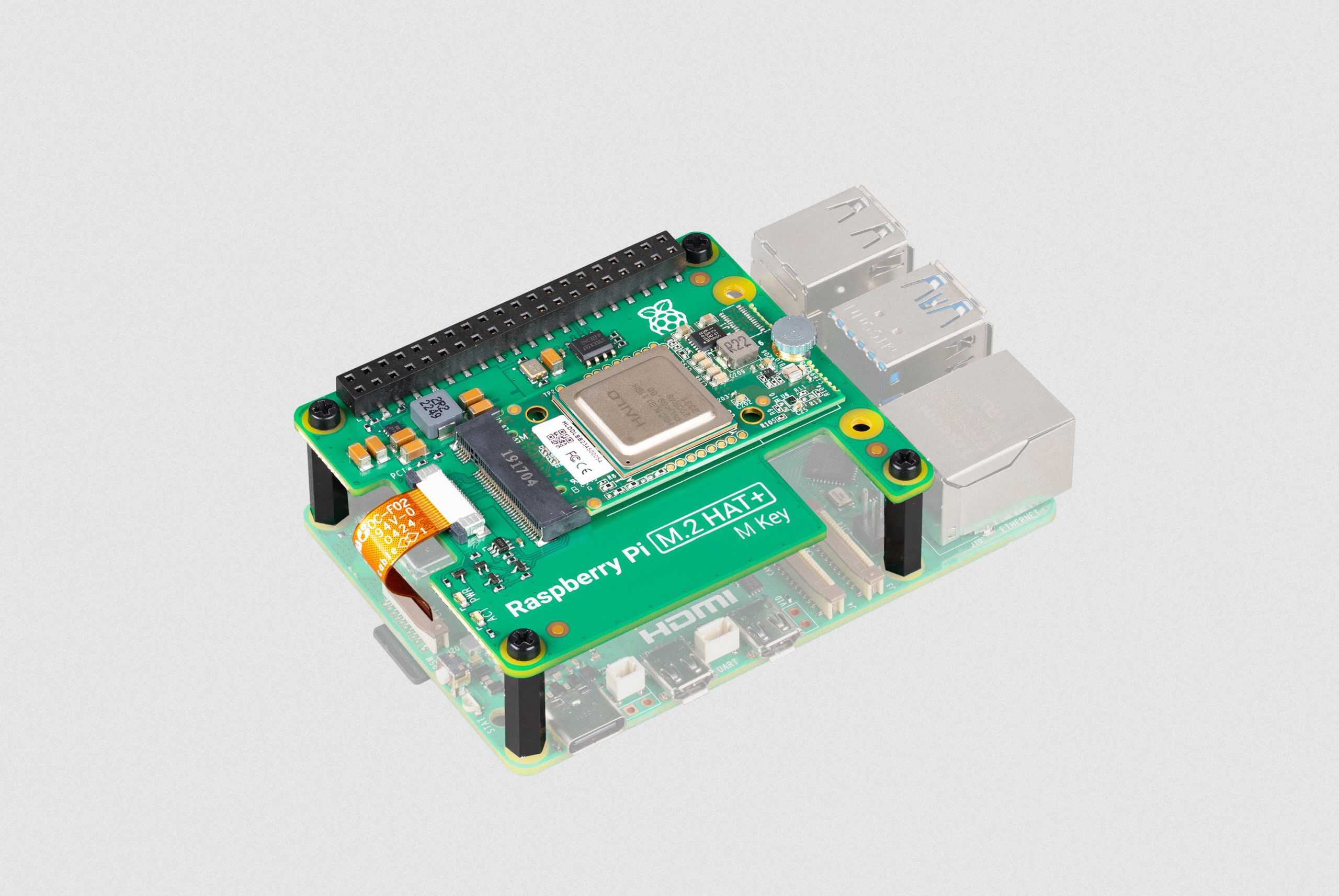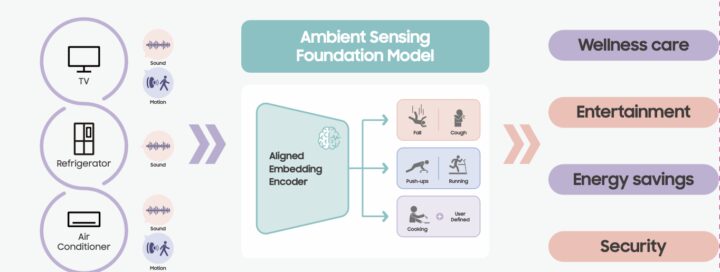Raspberry Pi recently announced their new AI Kit, great for adding better performance to the Raspberry 5 for AI applications. We’re excited about this new Raspberry Pi HAT ( hardware attached on top ), especially for any Pi’s that happen to be playing with computer vision, machine learning, speech recognition, or any other sort of AI application.
For those running Home Assistant on a Raspberry Pi 5 with the new speech recognition capabilities, this HAT is a great addition.
The Raspberry Pi AI Kit, developed in collaboration with Hailo, is now available for purchase through the network of Raspberry Pi Approved Resellers at a price of $70. This kit is designed to integrate local, high-performance, power-efficient inferencing into various applications using a Raspberry Pi 5.
The Raspberry Pi AI Kit includes an M.2 HAT+ preassembled with a Hailo-8L AI accelerator module. When installed on a Raspberry Pi 5, it enables the creation of complex AI vision applications that operate in real time with low latency and minimal power consumption. The Hailo-8L co-processor executes neural networks for tasks such as object detection, semantic and instance segmentation, pose estimation, and facial landmarking, allowing the Raspberry Pi 5 CPU to handle other processes.
Key features of the Raspberry Pi AI Kit include:
– 13 tera-operations per second (TOPS) of inferencing performance
– Single-lane PCIe 3.0 connection operating at 8Gbps
– Full integration with the Raspberry Pi image software subsystem
– Compatibility with both first-party and third-party cameras
– Efficient hardware scheduling to run multiple neural networks on one or two cameras concurrently
Hailo has also provided a model zoo with a variety of pre-trained neural network models optimized for the AI Kit.
In terms of software, the AI Kit aims to simplify the integration of the camera subsystem with the AI framework. The rpicam-apps suite now includes a post-processing template for real-time neural network inferencing within the camera pipeline. With pre-installed Hailo Tappas post-processing libraries, advanced AI applications can be created with a few hundred lines of C++ code. Integration into the Picamera2 framework is forthcoming.
The software installation process involves installing several packages through apt, followed by a reboot, enabling users to run AI demos in minutes. Detailed instructions are available in the getting started guide.
The AI Kit is not limited to rpicam-apps or Picamera2; it also includes an API integrated into the GStreamer framework and support for native Python or C/C++ applications, including non-camera use cases like inferencing on pre-recorded video files.
For more information, including full technical specifications for the Hailo-8L AI accelerator module, check out the Raspberry Pi website here.




